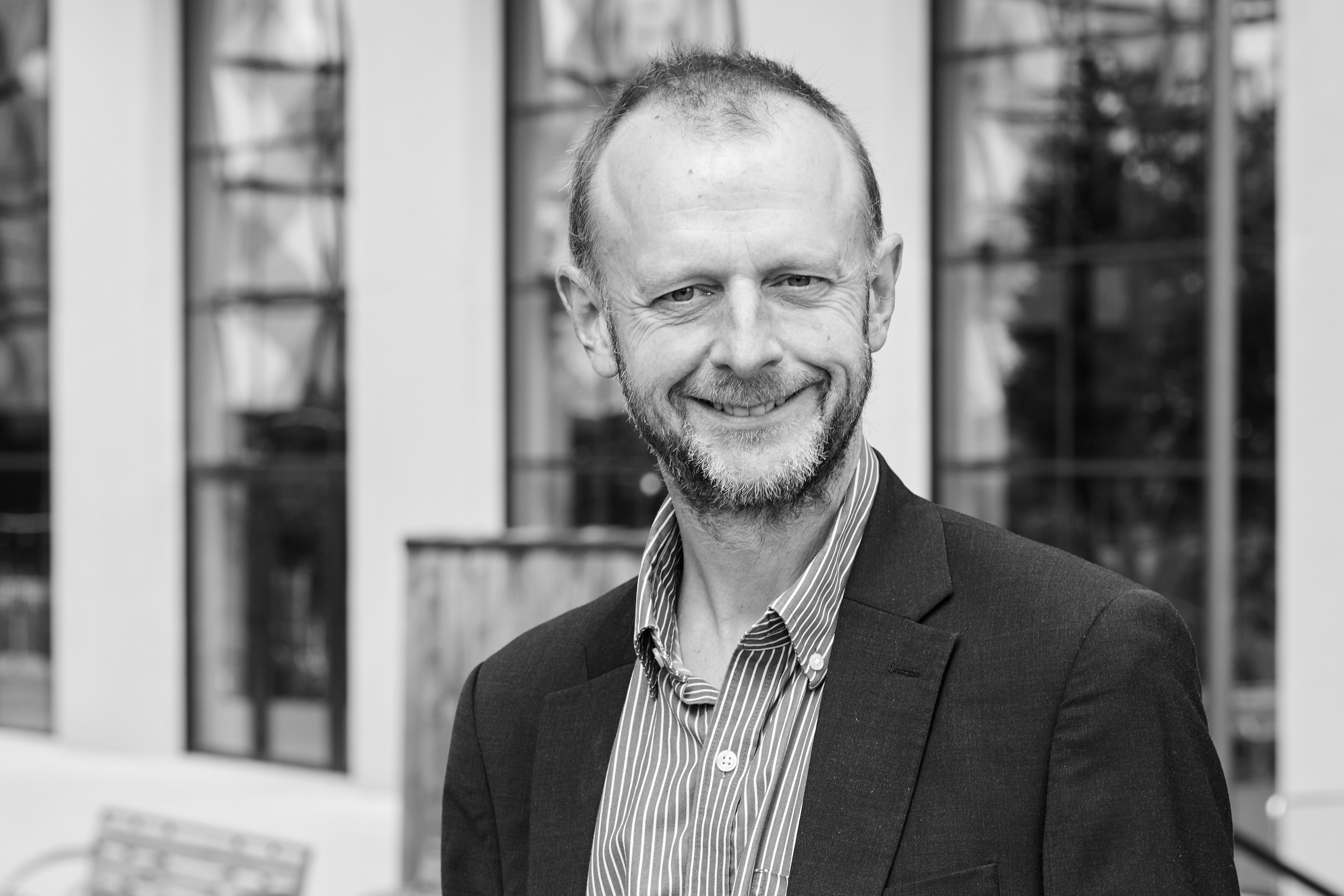13 January 2010
Haiti – some thoughts on disaster reporting by the media
Posted by Dave Petley
Watching the reports of the earthquake disaster in Haiti coming in, I thought it might be useful to share some observations on the reporting of the immediate aftermath of disasters in less developed countries:
1. Everything stops at night. At the time of writing it is still night time on Haiti. In the aftermath of an earthquake electricity and power supplies are wiped out, so for the night time period it appears that the disaster is not as bad as is feared. As the sun comes up so the reports on the true picture start to emerge, and the fatality statistics start to increase rapidly. This increase will continue for several days at least, but may ultimately exceed the final toll;
2. The initial focus is often wrong. In the immediate aftermath of a disaster the initial focus of the media reports is often on the biggest city. This is rarely where the biggest impact has occurred, but it is most accessible so will be the focus of the reports.
3. No news is very, very bad news. The biggest impacts are often in rural areas with the highest levels of shaking. These areas had poor communications to start with, but when an earthquake strikes the roads become blocked, power is lost and there is no telephone service. Therefore, no news comes out for some time after the quake. The picture is actually the opposite of the obvious. If news starts to emerge quickly from those areas with the highest shaking then the picture is not as bad as we feared – at least some communications are open – although it may still be quite grim. If there is almost no news at all from the rural areas for a day or two, then the picture is probably very bad indeed, with almost all of the communications wiped out.
4. The media focus will quickly change to the foreign rescue teams. However, although these efforts are valuable, their overall impact is very small. The real work is actually done by local people – most rescues are made by untrained people in the first 24 hours – this should really be the focus.
At the time of writing the reports seem to be focused on Port-au-Prince, with nothing from the areas to the southwest that have been worse affected. This is not a good sign.


 Dave Petley is the Vice-Chancellor of the University of Hull in the United Kingdom. His blog provides commentary and analysis of landslide events occurring worldwide, including the landslides themselves, latest research, and conferences and meetings.
Dave Petley is the Vice-Chancellor of the University of Hull in the United Kingdom. His blog provides commentary and analysis of landslide events occurring worldwide, including the landslides themselves, latest research, and conferences and meetings.
[…] that the worst news to come out of this disaster has not yet reached the public. As the AGU wrote in a blog post following the 2010 Haiti earthquake, “No news is very, very bad news. The biggest impacts are […]
[…] killed, and that number is likely to keep climbing. As always in the wake of a major disaster, the areas where no news is coming out is even more troubling as it suggests that even basic communications infrastructure is severely […]